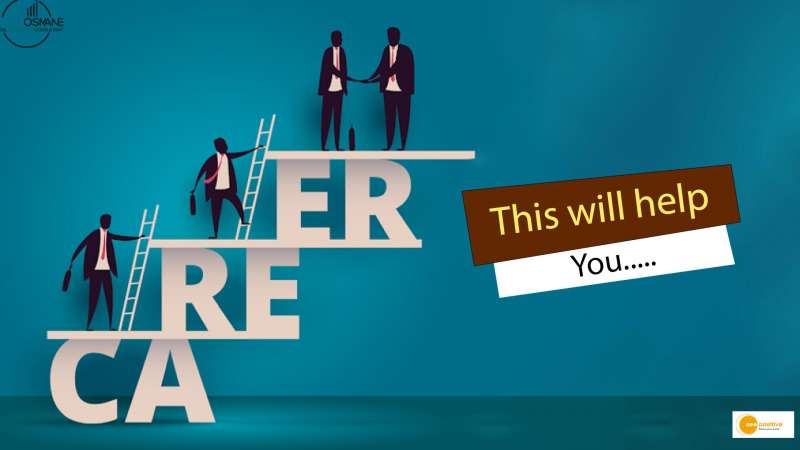

If you are an economics students or have an economics degree and worrying about what career options you have or what careers to pursue, then here are some ideas for you.
Finance and investments
Jobs are plentiful and expected to grow as investments, fintech, and blockchain-based transactions expand. Economics prepares you to create rational models for a situation — at what price should one invest in this stock, when does this investment become profitable, how much should I pay for a risky asset, how should I value the goodwill of a company I am acquiring, and so on. Students with a Bachelor’s degree in Economics can supplement their resume with Econometrics, Finance and Accounting, or Data Analytics skills to be considered for positions with investment banks, private equity firms, accounting firms, and financial institutions.
Equity and business research
Economics also provides students with an understanding of how global macrosystems operate and how other industries and government policies affect a company or stock, or how a change in one country affects another. Consider the impact of rising energy, food, and crude oil prices in Europe as a result of the Russia-Ukraine conflict. Students can conduct research on specific stocks, industries, or even countries as potential investment destinations or opportunities. These positions are available at consulting firms, investment banks, and think tanks.
Econometrics and Data Analytics
Econometrics examines economic phenomena through statistical and mathematical analysis. To analyse existing data and forecast future trends, they may employ tools such as frequency distributions, probability, regression, and correlation analysis, simultaneous equations models, and time series methods. This opens up opportunities in the business world for marketing analysis, supply chain and inventory analysis, stock trends and investment analysis, and policy analysis. For example, they could study the impact of fertiliser subsidies on agricultural income or forecasting stock or commodity price trends based on historical data. Basic computing languages and tools such as Python, R, Stata, and others are also required.
Public policy
This means working on formulating large-scale policies that promote social good. Typically, a Public Policy professional will specialise in one area like environmental policy, poverty, education policy, health policy, trade policy or foreign policy. Within each are further specialisations such as water science within environment, child nutrition within health, and conflict in South Asia within foreign policy. A Public Policy professional can work with the government, think tanks or NGOs.
Behavioural Economics
Behavioural Economics combines economics and psychology to better understand how and why people behave in the real world. Students can work in universities or other academic settings, as well as in marketing, marketing research, or human resources areas such as organisational design and learning and development, to assist organisations in promoting positive employee behaviour, higher workplace engagement, and even greater customer satisfaction.
Environmental Economics
Environmental economists work with governments and businesses to develop environmental policies that promote growth while protecting the environment. For example, how can a government offer tax breaks and even subsidies to encourage businesses to use green energy? Or how can businesses buy carbon credits in international markets if they exceed their carbon emission targets? Or how can recycling be made profitable? Alternatively, you can combine Environmental Economics and finance to specialise in private equity and investment banking transactions with companies establishing new businesses and projects in clean energy, recycled products, or environmentally friendly packaging.
If none of this is your thing, consider teaching. Anyone with a degree in Economics can add higher level degrees to teach at school, college and university levels, given how many students want to study the subject.


